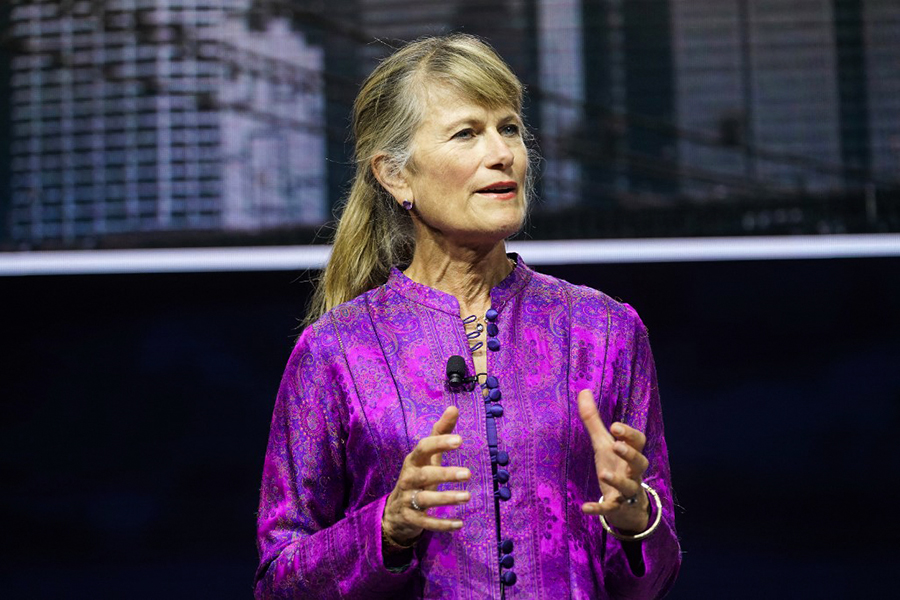Developed countries received $60 billion more in clean energy investments last year than developing countries according to a recent BloombergNEF survey. Poorer countries contribute the least to climate change, yet they stand to suffer the most from it.
What’s worse, clean energy investments in poorer countries actually fell 10% last year, according to the survey. It’s clear we need a new approach to financing clean energy in these markets. Failing to prioritize investment in climate solutions for the poor is immoral and risks missing the targets the world has set in order to avoid the most catastrophic effects of climate change. The only way to build a future that is both sustainable and just is to create economic pathways out of poverty that advance the clean energy transition.
In Africa, 45% of the 1.3 billion people living on the continent have no access to electricity. Furthermore, the median age of Africans is 19.7 (the world’s youngest), and scientists predict the continent will double in population by 2050. With increased urbanization and economic growth, the demand for energy across Africa is expected to surpass that of Europe in the same timeframe. This energy must be clean in order to meet the world’s climate goals.
To get there, we must prioritize building resilience and finding opportunities to leapfrog innovation in communities across the developing world. The key to doing that lies in rethinking how capital is deployed. Whether it’s investing in off-grid energy, sustainable agriculture, or income-generating energy-efficient appliances, any pathway that allows people to fully participate in the transition to a new green economy is worth pursuing. There has been an explosion of creative financial instruments that are making huge impacts and proving that such pathways are possible. But to tackle the problems of poverty, energy access and climate resilience at a planetary scale, corporations, investors, governments and nonprofits need to come together in partnership to utilize new investment tools, as well as existing aid and philanthropy support.
Acumen, the impact investing nonprofit I founded, has spent the past 20 years investing in innovative businesses that put the welfare of the planet and the poor at the center of their business models. An entire impact investing sector has grown up over this period. But most impact investors have fallen into the trap of prioritizing returns over impact. They have failed to serve the hardest to reach markets and those that are most in need of such investment.
We must ensure that capital and resources don’t just go to the safest investments. Today, the SDG goal the world is closest to achieving is SDG 7 – universal access to energy; however, realizing that goal requires shifting priorities toward investing in very poor and very complex markets. This won’t be possible unless innovative financing models designed specifically for the hardest to reach markets are adopted more widely through partnerships between corporations, investors, governments and nonprofits.
Some corporations and governments indicate they are up to the task. They are looking to help create clean energy markets in regions where markets have never existed before. This work is not easy and accelerating this progress will take many different types of capital and many different partners. But the blueprints to provide green pathways out of poverty exist. What we need now are the resources and the will to deploy them at scale for the people who need them most.
Despite what many have said, last year’s COP conference was a step in the right direction for climate justice. What remains to be seen is whether there is the collective will to turn the increased focus on centering the poor in solutions to climate change into action that makes a difference. Accomplishing this will require corporations, investors, governments and nonprofits coming together to do what’s right, not what’s easy.
Jacqueline Novogratz is founder and CEO of Acumen











